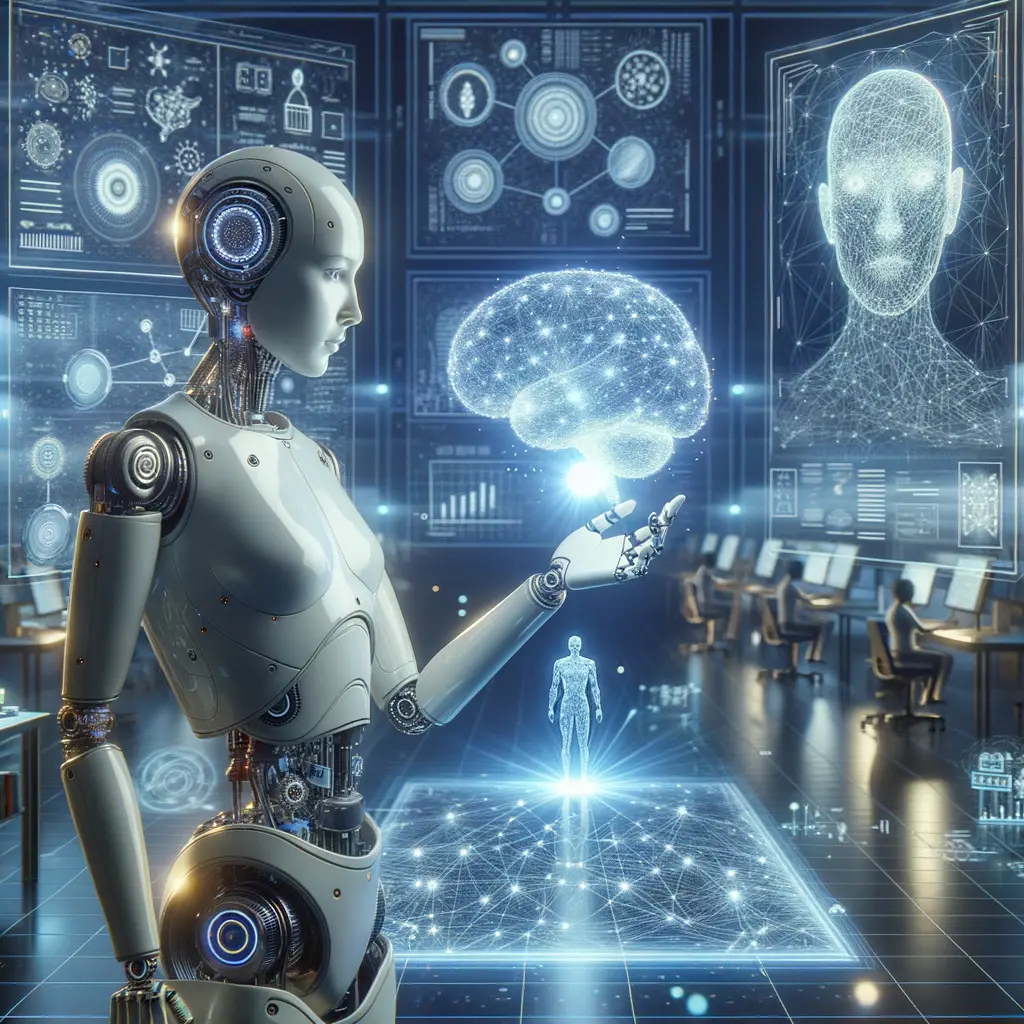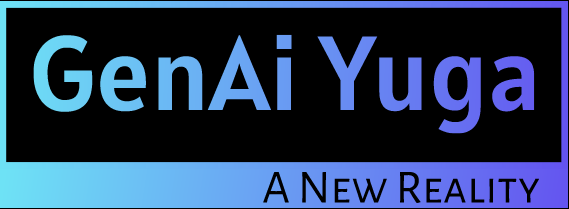
The Evolution of AI and Generative AI: A Simple Guide
Introduction
Artificial Intelligence, or AI, is a term that has been buzzing around for quite some time now. From self-driving cars to virtual assistants like Siri and Alexa, AI is transforming the way we live and work. But what exactly is AI, and how is it evolving? More importantly, what is Generative AI, and why is it such a big deal? Let’s break it down in simple words.
What is AI?
AI refers to the ability of machines to perform tasks that would normally require human intelligence. These tasks include things like understanding natural language, recognizing patterns, solving problems, and making decisions. AI systems are designed to learn from data, improve over time, and adapt to new situations.
The Evolution of AI
AI has come a long way since its inception. Here are some key milestones:
- Early Days (1950s-1980s): The concept of AI was first introduced in the 1950s. Early AI systems were rule-based and could perform specific tasks but lacked the ability to learn and adapt.
- Machine Learning (1990s-2000s): The introduction of machine learning marked a significant leap in AI. Machine learning algorithms allow computers to learn from data and improve their performance over time without being explicitly programmed.
- Deep Learning (2010s-Present): Deep learning, a subset of machine learning, uses neural networks with many layers (hence “deep”) to analyze large amounts of data. This has led to breakthroughs in image and speech recognition, natural language processing, and more.
What is Generative AI?
Generative AI is a type of AI that can create new content. Unlike traditional AI, which is designed to recognize patterns and make decisions, Generative AI can generate text, images, music, and even videos. It does this by learning from existing data and then using that knowledge to create something new.
How Generative AI Works
Generative AI models, like GPT-3 (Generative Pre-trained Transformer 3), are trained on vast amounts of data. They learn the patterns and structures of the data and use this knowledge to generate new content. For example, a Generative AI model trained on thousands of books can write a new story that mimics the style and tone of the books it has read.
Applications of Generative AI
Generative AI has a wide range of applications:
- Content Creation: Generative AI can write articles, create marketing copy, and even generate code. This can save time and effort for content creators and developers.
- Art and Music: Artists and musicians are using Generative AI to create new pieces of art and music. AI-generated art has even been sold at auctions for significant amounts of money.
- Healthcare: In healthcare, Generative AI can help design new drugs and treatments by analyzing vast amounts of medical data and generating new hypotheses.
- Entertainment: Generative AI is being used to create realistic characters and scenes in video games and movies.
The Future of AI and Generative AI
The future of AI and Generative AI is incredibly exciting. As these technologies continue to evolve, they will become even more integrated into our daily lives. We can expect to see more personalized and intelligent virtual assistants, smarter healthcare solutions, and even more creative AI-generated content.
However, with great power comes great responsibility. It’s important to consider the ethical implications of AI and ensure that these technologies are used for the benefit of all.
Conclusion
AI and Generative AI are revolutionizing the world as we know it. From creating new content to solving complex problems, these technologies have the potential to make our lives easier and more enjoyable. As we continue to explore the possibilities of AI, it’s essential to stay informed and consider the impact of these advancements on society.
I hope this blog helps you understand the evolution of AI and Generative AI in simple terms. If you need any more assistance or have any questions, feel free to ask. Happy writing!
